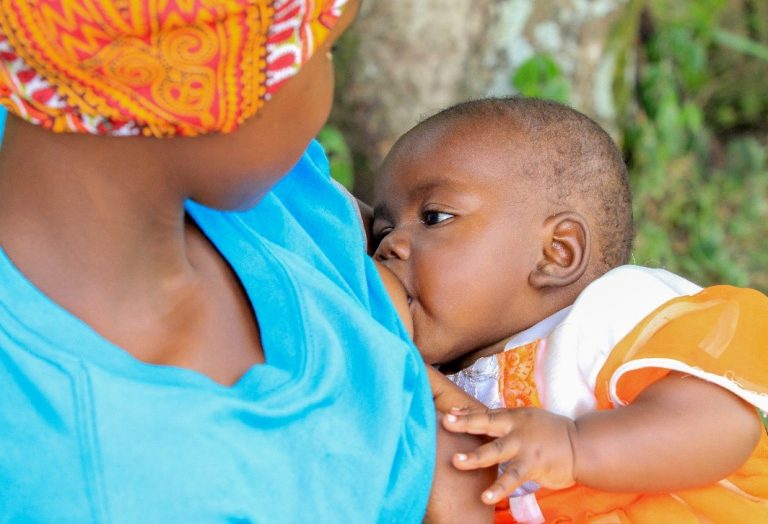By Dr. Justine A. Kavle and Ms. Rose Wambu
This year’s World Breastfeeding Week theme “Support Breastfeeding for a Healthier Planet” resonates with Kenya. It is estimated that sixty-one percent of Kenyan children less than six months of age are exclusively breastfed, with only breastmilk – a renewable, natural and free food source. Breastfeeding is a critical preventative intervention to combat child illnesses, such as COVID-19, rising child malnutrition, and early child death due to COVID-19 estimated disruptions in health and food systems globally. Recent online reports reveal the infant formula industry exploits fear of COVID-19 infection through “parent advice groups” and “mombassadors. ” Public promotion of infant formula, via social media, is prohibited by the International Code of Breastmilk substitutes (the Code) and threatens to undermine breastfeeding.
How is the infant formula industry targeting health providers in Kenya?
During COVID-19, the infant formula industry has recently accelerated efforts by targeting professional associations, including the Kenya Pediatric Nurses Chapter and the Nutritionists Association of Kenya, as well as health providers from large, well-regarded hospitals in the capital city of Nairobi. In July 2020, the engagement with respected health professionals and nutritionists to provide informational sessions on topics such as “the burden of micronutrient deficiencies in infancy and the unsuitable use of breastmilk substitutes, “is a tactic recognized by the Ministry of Health.
“This tactic openly provides a way [for infant formula companies] to discuss how breastmilk substitutes can be suitable- rather than unsuitable – as an alternative to breastfeeding, which is unacceptable,“ according to Rose Wambu, Ministry of Health
A recent WHO report shows that Kenya is moderately aligned with the International Code of Breastmilk Substitutes (the Code).The Government of Kenya’s Breast Milk Substitutes Regulation and Control Act of 2012, prohibits advertisement and promotion of a designated or complementary food product, which is in line with the 2019 National Policy for Maternal, Infant and Young Child Nutrition (MIYCN), which complies with the Act and the Code. Further, according to Kenya regulations, health workers are not to accept gifts, including financial assistance, or funding for meetings, conferences, seminars or continuing education courses. Yet these actions show that to uphold the Code and global recommendations by the World Health Organization (WHO) for breastfeeding mothers, requires not only increasing providers’ awareness and knowledge of the Code but also holding health providers accountable for Code violations, especially during COVID-19.
How is the Ministry of Health Kenya acting upon these Code violations by the infant formula industry?
Moving forward, the Government of Kenya is working with partners to actively support the following actions:
- Distill guidance by the World Health Organization (WHO) at the country level: Breastfeeding women suspected or confirmed with COVID-19 should wear masks while feeding, use proper hand hygiene, and stay together with their infants (‘rooming-in’) for effective breastfeeding.
- Galvanize action by drafting regulations on penalties for Code violators. The Government of Kenya is considering fines and/or imprisonment for health providers that promote or distribute breastmilk substitutes.
- Collaborate with the Kenya National Infant and Young Child Feeding Committee and the MIYCN Technical Working Group, to release a statement addressed to infant formula companies by the Cabinet Secretary of Health which will condemn infant formula promotion and guide actions to continue addressing this issue throughout the country at the subnational level.
- Create awareness amongst key stakeholders and health providers about the content of the Code, as Code monitoring data reveal Kenyan health workers do not have knowledge of the Code. Ensure health workers are equipped to understand their role, responsibilities and accountability to the public health system and families to protect and support breastfeeding.
